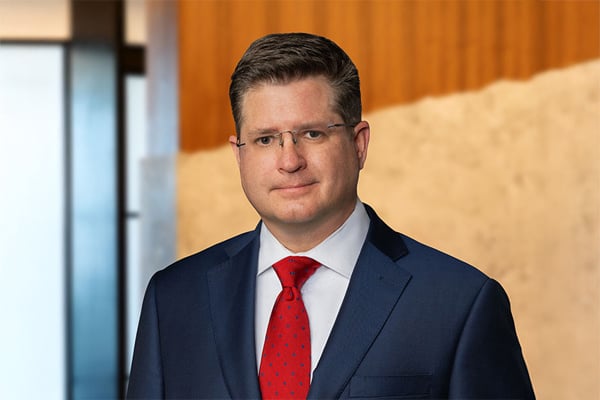Article
Engineer on Offshore Project Qualified as Other Assured, Barring Subrogation Claim
Published: May 3, 2019

In Lloyd's Syndicate 457 et al. v. FloaTEC LLC et al., the Fifth Circuit upheld the District Court in Houston in finding that FloaTEC, an engineering company that worked on the construction and design of the offshore platform Big Foot, qualified as an other assured under the construction insurance policy, and, therefore, was immune from subrogation claims asserted by the Underwriters of the Offshore Construction Project Policy issued to Chevron, the principal assured.
The case makes clear that before Underwriters start looking for subrogation targets from whom they seek to recover what they have paid out, they must be sure that potential targets are not other assureds under the policy against whom subrogation rights have been waived.
While it is understandable that Underwriters would want to recoup a large payout by way of subrogation, the case is important in making clear that such attempts to do so against other assureds under the insurance policy who have the benefit of a waiver of subrogation will be fruitless.
Big Foot
Big Foot is a major Chevron deepwater oil-drilling project in the Gulf of Mexico off the Louisiana coast, about 225 miles south of New Orleans.
In 2015, Chevron began to build and install an “extended tension-leg platform” that would be anchored to the seafloor almost a mile below.
The platform would be kept stationary by 16 steel tendons attached to pilings driven into the seafloor. These tendons were critical to the floating platform’s stability.
Chevron contracted with FloaTEC to provide engineering services for Big Foot, including the design and installation of the tendons.
Big Foot’s Insurance
The Big Foot project was insured by Underwriters under an Offshore Construction Project Policy written on the WELCAR 2001 form.
In mid-2015, the tendons that had been installed began to fail, resulting in delay to Chevron and huge losses. As a result, Underwriters paid Chevron more than $500 million under the policy. Underwriters sought to recover this from FloaTEC and others by way of subrogation.
FloaTEC Moves to Dismiss
FloaTEC moved to dismiss Underwriters’ claims on the basis that it was an other assured under the policy with the benefit of a waiver of subrogation.
FloaTEC further argued in the alternative that if Underwriters had stated a claim, it was subject to arbitration as that was the dispute resolution provision in the Chevron/FloaTEC contract.
No Arbitration Since Underwriters were not a Party to the Chevron-FloaTEC Contract
Underwriters’ first point of appeal was that the district court had improperly disregarded the arbitration clause in the Chevron/FloaTEC contract when it ruled on FloaTEC’s motion to dismiss.
The Fifth Circuit rejected this argument, noting that the test of whether a claim must be arbitrated required a two-step analysis.
First, did the parties enter into an arbitration agreement? If the answer to that was yes, the second step was to ask whether the parties intended to arbitrate.
Agreeing with the district court, the Fifth Circuit held Underwriters were not parties to the Chevron/FloaTEC contract, so the first step had not been met.
FloaTEC was an Other Assured with the Benefit of a Waiver of Subrogation
FloaTEC’s argument that it was an other assured under the policy with the benefit of a waiver of subrogation was based on three clauses in the policy, which provided as follows:
- Underwriters shall be subrogated to all rights which the Assured may have against any person or other entity, other than Principal Assureds or Other Assureds, in respect of any claim or payment made under the policy.
- Underwriters agree to waive rights of subrogation against any Principal Assured(s) and/or Other Assured(s) including drilling contractors and/or their sub-contractors.
- Other Assured are defined as… any other company, firm, person, or party… with whom [various entities including Chevron] have entered into written contract(s) in connection with the [Big Foot] Project.
The Fifth Circuit, agreeing with the district court and harmonizing the three key clauses, was clear: “It is uncontested that FloaTEC contracted with Chevron to provide engineering services for Big Foot. This makes FloaTEC an ‘other assured’ under the policy’s text because it ‘entered into [a] written contract’ with Chevron ‘in connection with the [Big Foot] Project.”
As an other assured, FloaTEC was the beneficiary of the waiver of subrogation clause. The Fifth Circuit therefore affirmed the district court and dismissed Underwriters’ claims against FloaTEC.
